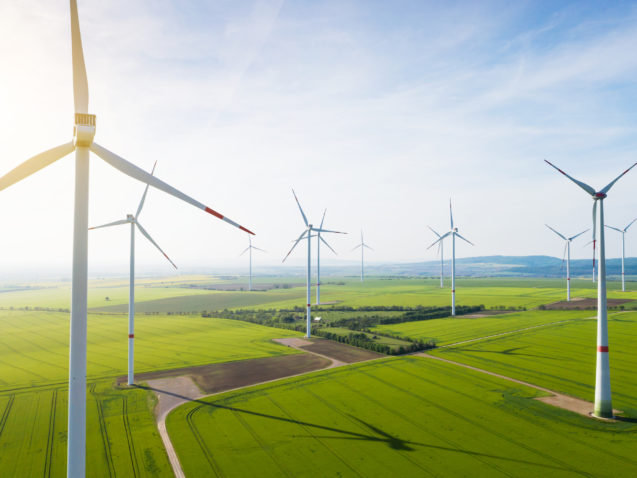Our food system is resilient. But the challenges of producing food for a growing population are heightened in the face of a changing climate. That’s why Cargill encourages measures to help agriculture adapt to a changing climate while seeking to mitigate its environmental impact. Cargill has set a bold path to ensure the ability to operate sustainably. Cargill’s actions are aligned with the Paris Climate agreement, which include:
- Supporting strong global action: Cargill’s goals are approved by the Science Based Targets initiative (SBTi), the globally accepted standard for GHG reduction goals.
- Reducing emissions across the company’s operations: Cargill has set targets to reduce Scope 1 and 2 greenhouse emissions – those caused directly and indirectly by its operations – by 10% by 2025, measured against a 2017 baseline. That means steps like pursuing emissions-reducing technology and investing in renewable energy to power our operations. That is the equivalent of taking 270,000 cars off the streets for an entire year or cutting the emissions of flying roundtrip between New York and Shanghai 300,000 times.
- Reducing supply chain impact: Cargill is focused on reducing Scope 3 emissions – those produced from sources in its extended supply chain – by 30% per ton of product by 2030. This means working with farmers on projects like improving soil health.






